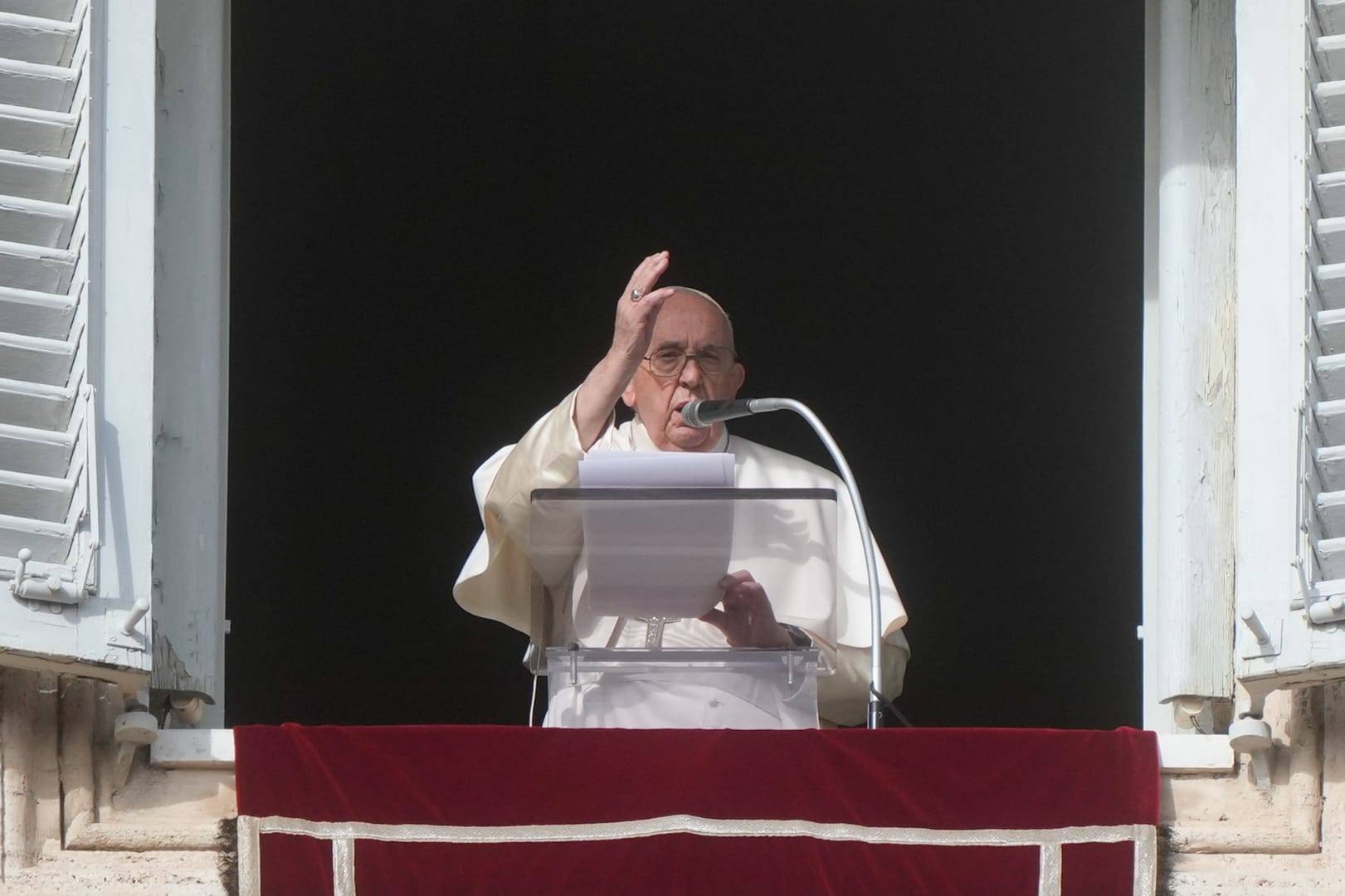MUMBAI, India – A bishop in India recently celebrated Mass for migrant members of the country’s Tribal community, made up of indigenous peoples often existing outside of Hinduism’s caste system.
Auxiliary Bishop Allwyn D’Silva of Bombay, the Secretary of Office of Human Development and Climate Change Desk of the Federation of Asian Bishops’ Conferences – celebrated the Mass on May 6.
The migrants have not been recognized as members of the Tribal community by the state of Maharashtra, where Mumbai is located, and therefore have not been given the privileges guaranteed the Tribal population in India, which is similar to affirmative action in the United States.
In Mumbai, they usually do menial labor or work in construction, and often live in slums. Their children often suffer discrimination at school because of their background.
“Most of these migrants hail from [the Indian states of] Jharkhand, Chattisgarh, Odisha, some part of Madhya Pradesh, and the missionaries went deep into the jungles of these areas and gave their lives, for these people to know Christ,” D’Silva said.
“Their spiritual needs are taken care of in their own dioceses, but when they migrate in search of work, to other states all over India, minimum care is taken of their spiritual needs and faith,” the bishop told Crux.
Most of the population arrive in Mumbai when they are young – between the ages of 15 and 30 – and have little chance to find a Catholic spouse: In fact, many of them never marry at all.
During the Mass, D’Silva confirmed 24 of the migrants, and married six couples, who he said “otherwise probably would never would have the opportunity to live a happy life.”
“Every year for Easter the Society of the Divine Word [a religious order] have adult baptisms and First Communions for the migrant population,” the bishop said.
The bishop also told Crux the Migrants and Refugees Section of the Vatican’s Dicastery for Promoting Integral Human Development has presented a set of 20 Pastoral Action Points and 20 Action Points for the Global Compacts for migrants and refugees.
He said it is providing concrete leads for implementing the four actions – to welcome, to protect, to promote, to integrate – in the attitudes and actions of Christian communities and of all those concerned with those who are forced to flee, and in international and national policies developed to tackle the problem.

















